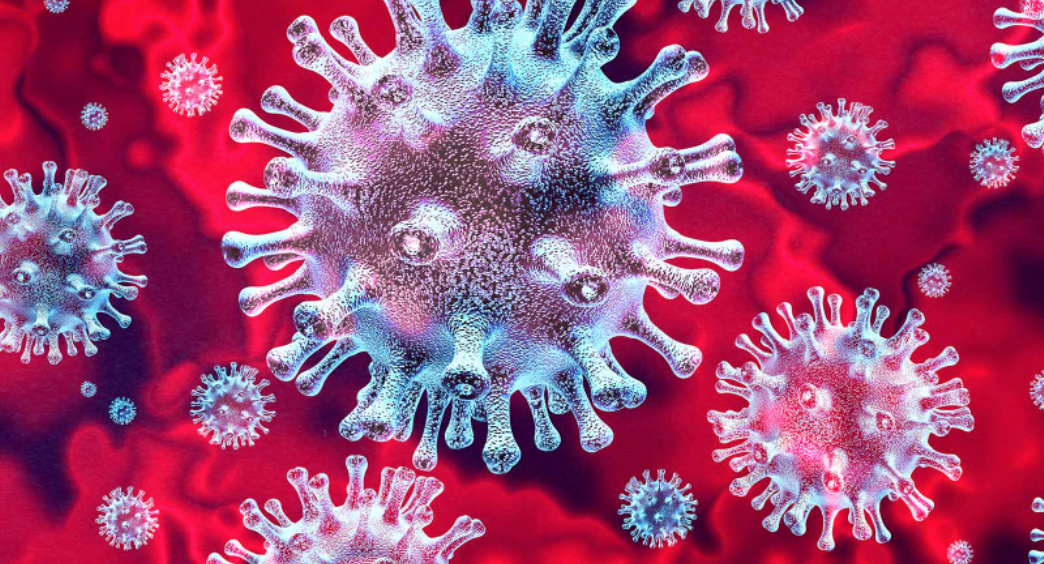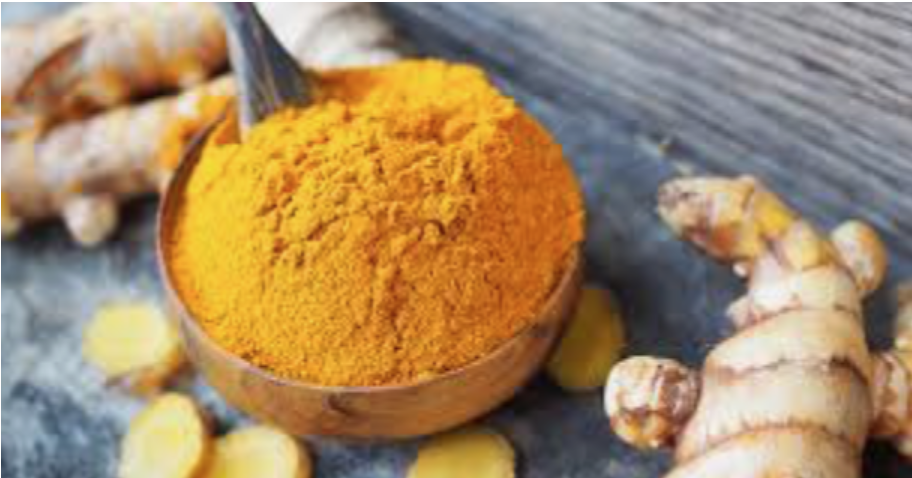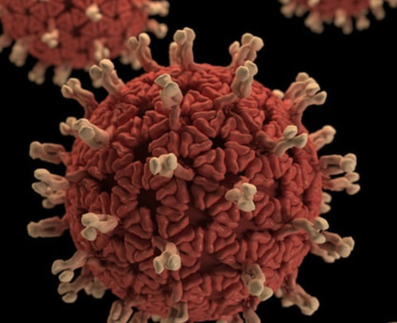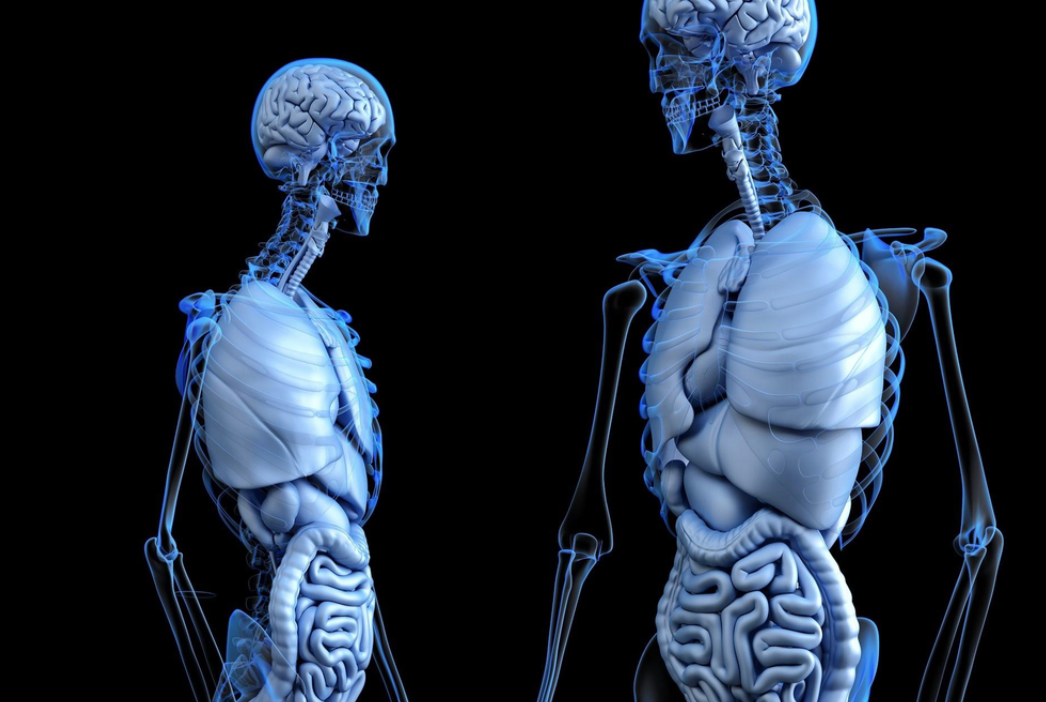|
In response to the amount of disinformation circulating Nutritional Therapist, Sarah Mallinson has has provided a practical review of the information available, its mechanics and natural supports: Corona viruses are a group that are made from RNA instead of DNA that typically produce respiratory and gastrointestinal illness. Information from China suggests the current COVID-19 strain will cause only minimal symptoms in 80% of those infected and will not require medical help, 15% may become moderately ill with cough and shortness of breath and 5% will require intensive care. There may be or may not be a fever. This strain can easily spread between people with coughs or sneezes and the incubation period from exposure to illness is 2 to 14 days, 5 days on average. Gradual symptoms of infection are likely to be fatigue, aches and pains and sore throat, which may last for 5 days and this, is classed as phase 1. For 80% of people this is the only phase and they should then recover. The remaining 20% may enter phase two which begins with a cough, shortness of breath and possible symptoms of pneumonia. These individuals may remain contagious even after symptoms finalise. Quarantines can delay the spread of infection but there are also things you can do to help support your health and minimize risk. How the virus works Viruses, in order to succeed need to enter a human cell, replicate themselves and damage the cell and escape to infect surrounding cells. COVID-19 enters cells by attaching to a specific protein on our cells surface (ACE-2). Scientists confirm that the replication of this virus is the same as the distribution of protein ACE-2 in the lungs. The virus, once in the cell then takes over other proteins and produces further enzymes to enable progression. There is some evidence to show that restoring ACE-2 function can reduce severity of pneumonia in other similar viruses and the conditions that are associated with mortality from the virus – including advanced ageing, high blood pressure, diabetes, heart disease and smoking, are all associated with reduced baseline ACE-2 activity. The virus may be able to evade the initial immune system response, we don’t know if stimulating immunity will provide protection however; a weakened immune system will probably contribute to the severity of the condition. Natural support ACE-2 function can be improved with regular aerobic exercise and a plant-based whole food diet. The following may also help:
Ensure you are eating enough Protein as deficiency impairs innate immunity Appropriate Vitamin D levels are essential so if you do not know your level, get it checked and supplement accordingly. Zinc and Vitamin A are also crucial, but in excess can impair function, so do not over supplement. Adequate sleep in also vital as serotonin (our good mood neurotransmitter) is converted to melatonin to help us sleep and Melatonin helps control the inflammatory process also supports anti-viral activity. Probiotics can support your microbiome that can support immunity. Live yogurt, fermented foods, kefir, kombucha etc may all be beneficial. If you are taking supplements to boost your immune system and you start with symptoms of the virus, stop taking them and move to anti-inflammatorys including turmeric, quercetin, bromelin etc If you are taking medications, please do not use supplements without GP or Nutritional Therapist advice. Hygiene
Soap is a great anti-corona virus product as it destroys the protective shielding of the virus, but not anti-bacterial soap as this does not have the same effect. Cleaning on hard surfaces: 70% alcohol, 0.5% hydrogen peroxide, 0.1% bleach (hypochlorus acid) can kill most viruses (including corona virus), with 30 seconds of contact.
0 Comments
As someone with a long history of chronic fatigue syndrome, I caught every cold, flu and bug that was circulating for many years. Fortunately, that is no longer the case, but it took a lot of work to rebalance my immune function, repair my microbiome and gut function and also remove the factors, both dietary and lifestyle, that were negatively impacting my health and suppressing my immunity. Poor nutrition can compromise immune function and increase risk of infection. A strong immune system is dependant on a variety of vitamins and minerals, a healthy gut, good sleep and regular movement/exercise (and reducing stress). Given the current increased focus on immunity, I thought I would share some of the measures I include in my daily life to support my health. Eat a rainbow diet
Eating fruits and vegetables that mirror the colours of the rainbow ensures a wide variety of nutrients that provide antioxidants, have antimicrobial activities, stimulate immune cells, protect against infections and can also help regulate inflammation. This will also help protect against deficiencies that can increase your risk of infection. The government recommendation is 5 portions per day but I would suggest the more plants you can eat, the better so aim higher (minimum 7 portions per day). If you are finding it difficult to incorporate more portions into your day, try a smoothie, a bowl of soup or a salad before your main meal. Foods containing vitamin C will support immune function so try and include Kiwi fruits, citrus fruits, papaya, guava, red peppers, broccoli, spinach, cauliflower, cabbage, kale and tomato juice. Vitamin C is water soluble so needs to be consumed regularly throughout the day. Immune boosting foods include: garlic, ginger, turmeric, oregano, mushrooms, green and black tea, live yoghurt and fermented foods including sauerkraut & kimchi – these will support your gut. This is important as over 70% of your immune system is located in your gut, so fermented foods can help boost your immunity. Coconut has antimicrobial and antibacterial effects, so try cooking with coconut oil or add to your smoothie. Berries contain some of the highest amounts of antioxidants which support immunity and apples, in addition to providing vitamin C, are also rich in fibre which can support immunity and recovery from infection. Drink plenty of water Ensure you are well hydrated by drinking 8 glasses of water per day. This is vital to boost immune response. Drinking water produces lymph that flows through the body, collecting bacteria and moving it to the lymph nodes to be destroyed. Dehydration can impair this process by slowing the lymphatic system and preventing waste removal from the body. Avoid foods that compromise immune function It is just as important to avoid foods that compromise immune function. Studies show that increases in sugar suppress your immune system, so avoid: Fizzy drinks, processed foods and refined carbohydrates as these are all processed by the body as sugars. Alcohol, caffeine and tobacco can also all negatively impact immune function. Nutrition was the main factor in my recovery but I also utilise other therapies especially essential oils and homeopathy. Essential Oils Essential oils from plants have been used for thousands of years with many offering a range of medicinal properties including the inhibition of pathogens and the possession of anti-inflammatory, antioxidant and anti-microbial effects. I use oils topically, internally (you need to ensure oils are food grade for this) and also I diffuse oils around my home. I use the Doterra OnGuard blend daily, which has been shown to be extremely effective in reducing influenza (H1N1) activity by as much as 90%. The oils within the blend – Orange, clove, cinnamon, eucalyptus & rosemary are known for their positive effects on the immune system but can also help purify the air when diffused. Homeopathy I am also a big fan of homeopathy and often, it can be my first port of call in acute situations, particularly muscular strains, if I feel like I am catching a cold or flu (fortunately not very often) or a headache. I used this many years ago when I suffered from hay fever, but now use homeopathy if I feel I need a fast response to symptoms. If you would like further information on any of these topics, please contact me at [email protected] Increasingly I’m noticing a pattern in my clinic. Many people seeking my support from a nutrition or functional medicine perspective have already been on a huge – and often frustrating – journey in their quest to get well.
Typically, this involves trips back and to the GP, tests which might shed light on an issue or may put the person further in the dark. They may have been prescribed medications which further add to symptoms or even create new ones. People may or may not receive a diagnosis, and if they do, may end up none the wiser about how to get well. It is often at this point – when someone has tried all other options and isn’t seeing an improvement in their health – that they will seek out my help. In an ideal world, it would be great if they came to me sooner, however, I understand that in our culture, nutrition isn’t the first thing we are taught to think of when we become unwell. Instead, we are taught that there is a ‘pill for an ill’. Almost always, the people I see in clinic will have read reams of information on Google about their health complaint and will have tried a myriad of ways to overcome the issue themselves. People who have done their research can be very informed about the condition itself. And it can be beneficial when someone comes to me armed with information about their concerns, particularly if there have been some tests and a consequent diagnosis that we can build a picture upon. NHS England is big on patient participation and encouraging people to take an active role in their healthcare, and I’m a huge advocate for this. Empowering people to take responsibility for their health is a big part of what I do, but contrary to popular belief, it can actually be counterproductive in the early stages. Let me explain. When people consult Dr Google, or act on the advice they have read in a newspaper or on social media about the latest superfood or health supplement that may help with their condition, they are missing a significant piece of the puzzle. A vital part of my work as a Functional Medicine Practitioner is to take a full and detailed history of each person I see. This is because everyone, and every ‘body’, is so different that the advice and suggestions I give to one person with a condition will not necessarily apply to another person with the same condition. While there is a lot of good quality information on Google, we are not taught how to translate it into what the advice means for our unique body and life situation. That’s essentially my role: to take the guidance and tailor it to the individual. So, when someone comes to my clinic for the first time, I will take a full and detailed personal history that includes diet, lifestyle, stressors, family background, traumas, home environment, education and more. By looking at all of the factors that influence a person’s health, we can trace back and often see how the body may have adapted to certain external triggers. It is this work – looking at the person and their life journey, not just the health condition – that informs the recommendations I will ultimately make. This blog post follows on from my post about leaky gut...leaky brain. Below are a few tips on how to support the blood brain barrier. 1. Follow an anti-inflammatory diet by eating plenty of vegetables, fruits, oily fish, nuts and seeds, healthy oils like extra virgin olive oil and coconut oil, grass fed meats, organic eggs, whole grains if tolerated, herbs and spices. 2. Balance blood glucose levels by avoiding sugars and eating balanced meals of proteins, fats and carbohydrates. 3. Reduce stress by:
4. Try some brain training or crosswords - this will support your overall brain health. If you experience digestive symptoms, food sensitivities or allergies, this may be an indication of imbalanced bacteria in your gut and of ‘leaky gut’ which is related to ‘leaky brain’. A nutritional therapist can help with this and also has access to stool testing for evaluation. If all this sounds overwhelming, don’t worry...we have many tools to assist and improve our brain function. With a step by step nutritional approach, we can find the root cause of your symptoms and you can transform your health by re-balancing the gut-brain connection. In the words of Dr Tom O’Bryan - one of the world’s leading functional medicine doctors…. “You can fix your brain”
The brain and gut are linked by our central nervous system (CNS) which polices the molecules in our blood stream and allows certain permitted substances (such as oxygen, hormones and specific chemical messengers) to enter the brain. It also prohibits unwanted and potentially damaging particles from crossing the brain barrier - including viruses, toxins and damaging chemicals. The aptly named Blood Brain Barrier is formed of a single layer of cells. The integrity of this layer can be disrupted by various influences including:
Signs & symptoms of leaky brain?
For information about how you can support your gut and your brain see my next blog post... How to support the brain barrier. I am often asked why I am so passionate about nutritional therapy so I thought I'd share how my journey to becoming a nutritional therapist started with my own health challenges.
From childhood I was treated with antibiotics for constant ear infections. I had severe food allergies, eczema, hay-fever and if that wasn’t enough traumatic orthodontic treatment. Eventually I was knocked off my feet by a glandular fever type virus in my teens. I slept constantly but never regained wellness and 8 years later was diagnosed with Chronic Fatigue Syndrome. By the time I reached my early twenties, I had to stop working, and was struggling to function at the most basic level. With treatment I did recover enough to return to work and threw myself into an exciting but stressful career. But this lifestyle was not sustainable and after a serious infection, a bereavement and car crash, all in the space of a few months, my body finally had enough. I crashed like never before. The doctors did not know why my treatment was failing, the medications made me feel worse. When I asked for explanations, what I could do to help, why something improved or worsened my symptoms, I was met with no response. My journey to wellness started when I went to see a functional doctor and nutritional therapist, who, for the first time listened to my story and explained what was happening, and most importantly, why. A functional stool test revealed that my beneficial gut bacteria had been completely eliminated by all the antibiotics I had taken decades before and my immune system was compromised. I addressed this imbalance and over time I started to feel better. I changed my diet and my symptoms started to reduce. Eventually, I recovered enough to study nutrition. An important point in my studies was realising that I needed to listen to my body. The more I listened, the more my body talked. I changed both diet and lifestyle. With time the crippling fatigue, foggy brain, digestive complaints, insomnia and the endless list of CFS symptoms disappeared. The functional medicine approach and functional testing has allowed me to look further to find the root causes of my conditions. Investigations, including genetic testing have allowed me to focus on repair and rebuilding. I am now working to prevent the autoimmune conditions that run in my family. The journey I have experienced has been in many ways indescribable. Yet, it has led me to the most exciting and fulfilling vocation I could have ever imagined. I am passionate about helping others achieve similar results and I have developed a desire for knowledge, education and learning that I could not have imagined just a few years ago. The emerging research in this area I find mind blowing and I constantly want to know more to enable me to help others. |
AuthorArchivesCategories
All
|
- Home
-
Therapists
- Hayley Merron Stevens, Psychotherapist, UKCP
- Owen Stevens, Process Oriented Practitioner, GHR, GHSC
- Virginie Adamski, Shiatsu Therapist, Dip BSS-Do, MRSS
- John Fletcher, Person Centred Counsellor, MBACP
- Michelle Roberts, Art Psychotherapist (adults, children, young people)
- Sarah Mallinson, Nutritional Therapist and Naturopath, BANT, ANP, GNL
- Beverley Goodwin, Person Centred Counsellor MBACP
- Emma Woodhall, Clinical Reflexologist
- Anne Wells, Counsellor and Psychotherapist, MBACP, Silk House Therapy & Wellbeing
- Ivan Broad, Person Centred Counsellor, Breathwork, EMDR, Equine Assisted Psychotherapy, MBACP
- Wellbeing
- Contact









 RSS Feed
RSS Feed